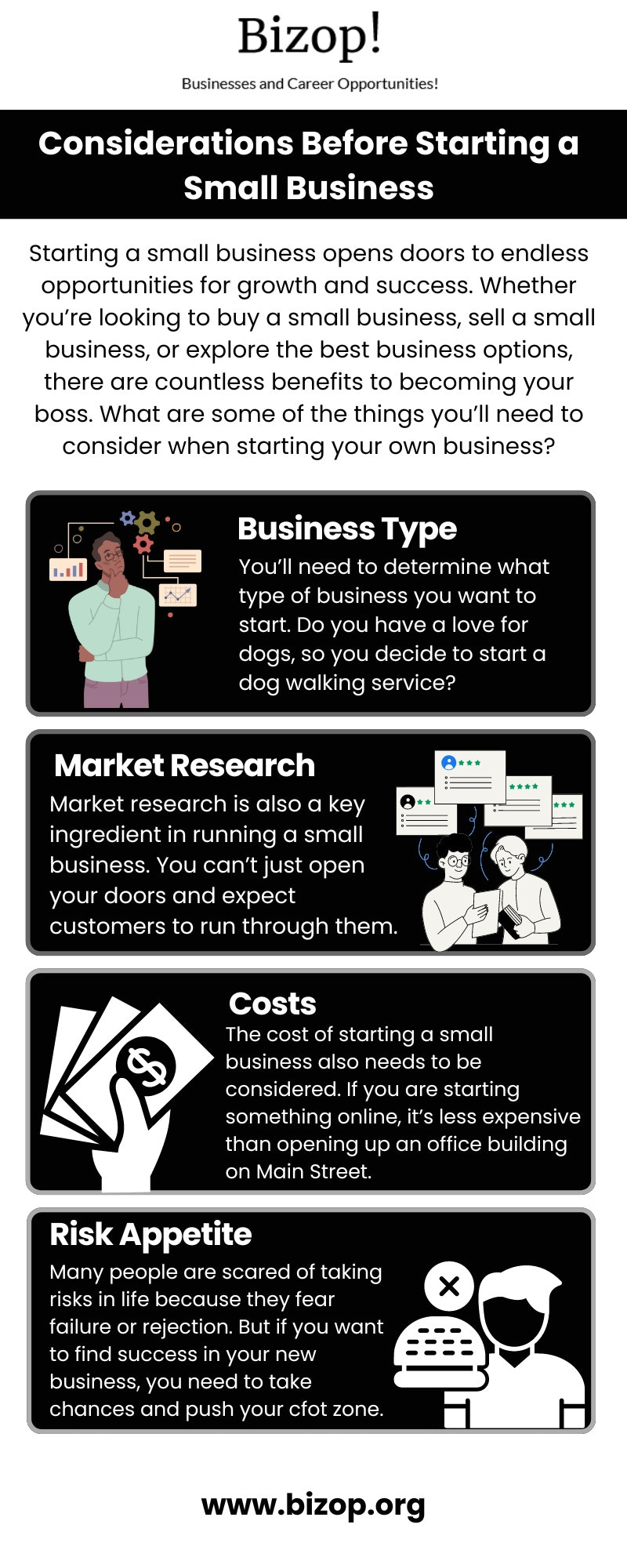Starting a small business is a dream for many individuals, fueled by the desire for financial independence, creative expression, and personal fulfillment. In recent years, the number of small businesses has surged, particularly in the wake of economic shifts and technological advancements. This article explores the various motivations behind why people embark on the journey of entrepreneurship, the benefits of small businesses, and the challenges they face along the way.
1. Pursuit of Financial Independence
One of the primary reasons individuals start small businesses is the pursuit of financial independence. Traditional employment often comes with limitations on income potential and job security. By starting a small Business, Https://bizop.org,, entrepreneurs have the opportunity to set their own prices, control their earnings, and create wealth over time. This financial autonomy is especially appealing in uncertain economic climates, where job security may be compromised.
2. Flexibility and Work-Life Balance
Many aspiring business owners are drawn to the flexibility that comes with running a small business. Unlike the rigid schedules of traditional jobs, entrepreneurship often allows for more control over working hours and locations. This flexibility can lead to a better work-life balance, enabling individuals to prioritize family, personal interests, and health. For parents or caregivers, the ability to create a schedule that accommodates their personal lives is a significant motivator.
3. Passion and Creative Expression
For many, starting a small business is a way to turn a passion or hobby into a viable career. Whether it’s crafting handmade goods, offering consulting services, or launching a tech startup, entrepreneurs often find fulfillment in doing what they love. This creative expression not only provides personal satisfaction but also allows individuals to share their unique skills and talents with the world. The joy of building something from the ground up can be immensely rewarding.
4. Identifying Market Gaps
Entrepreneurs frequently start small businesses to address unmet needs in the market. By identifying gaps in products or services, individuals can create solutions that resonate with consumers. This proactive approach to problem-solving not only drives innovation but can also lead to significant financial rewards. Entrepreneurs often conduct market research to understand consumer demands and tailor their offerings accordingly, ensuring they fill a niche that others may have overlooked.

5. Desire for Control and Autonomy
Many individuals are motivated to start small businesses out of a desire for control and autonomy over their professional lives. The corporate world can be hierarchical and bureaucratic, leaving little room for personal input or innovation. In contrast, small business owners have the freedom to make decisions, set their own goals, and implement their vision without needing approval from higher-ups. This sense of ownership can be incredibly empowering and fulfilling.
6. Community Impact and Social Change
Another compelling reason people start small businesses is the desire to make a positive impact on their communities. Many entrepreneurs are driven by social change and seek to address local issues, create jobs, and contribute to economic growth. Small businesses often foster a sense of community, as they tend to prioritize local sourcing, sustainability, and ethical practices. This commitment to social responsibility resonates with consumers who value supporting businesses that align with their values.
7. Technological Advancements
The rise of technology has made it easier than ever for individuals to start small businesses. Online platforms, social media, and e-commerce have lowered barriers to entry, allowing entrepreneurs to reach global audiences without significant upfront investment. With tools for marketing, sales, and customer engagement readily available, aspiring business owners can launch and scale their ventures with relative ease. This technological landscape has democratized entrepreneurship, enabling more people to participate.
8. Challenges and Risks
While the motivations to start a small business are compelling, it's essential to acknowledge the challenges and risks involved. Entrepreneurs often face financial uncertainty, long hours, and the stress of wearing multiple hats. The initial stages of a business can be particularly daunting, with many startups failing within the first few years. However, resilience and adaptability are crucial traits for overcoming these obstacles and achieving long-term success.
Conclusion
The decision to start a small business is driven by a mix of personal aspirations, market opportunities, and the desire for autonomy. Whether motivated by financial independence, creative expression, or community impact, entrepreneurs play a vital role in shaping the economy and society. While challenges abound, the rewards of entrepreneurship can be significant, making it a worthwhile pursuit for those willing to take the leap. As more individuals embrace the entrepreneurial spirit, the landscape of small businesses will continue to evolve, reflecting the diverse passions and innovations of their founders.









